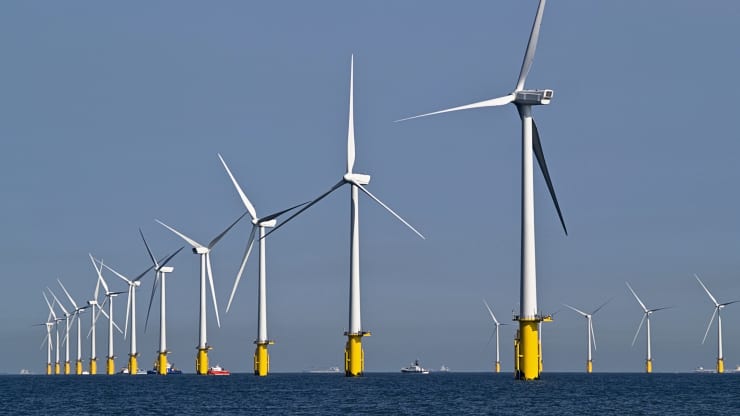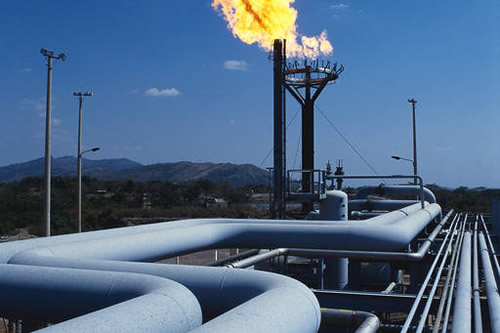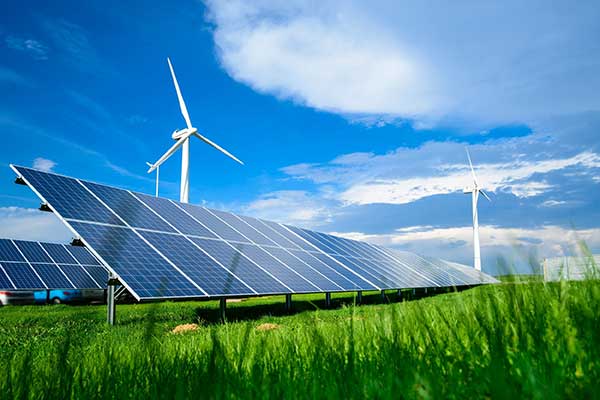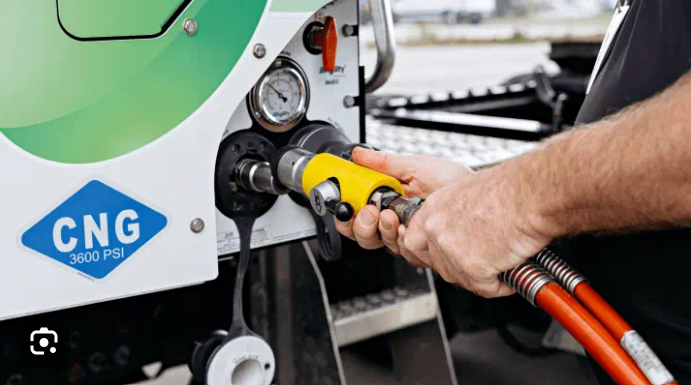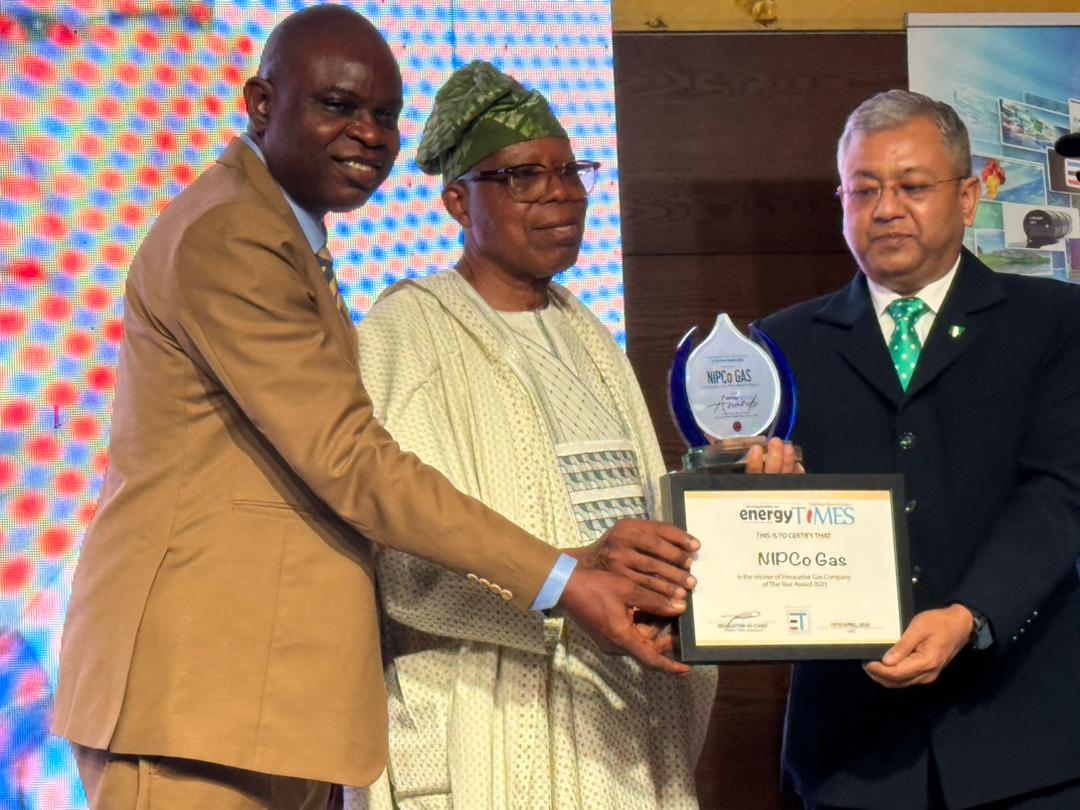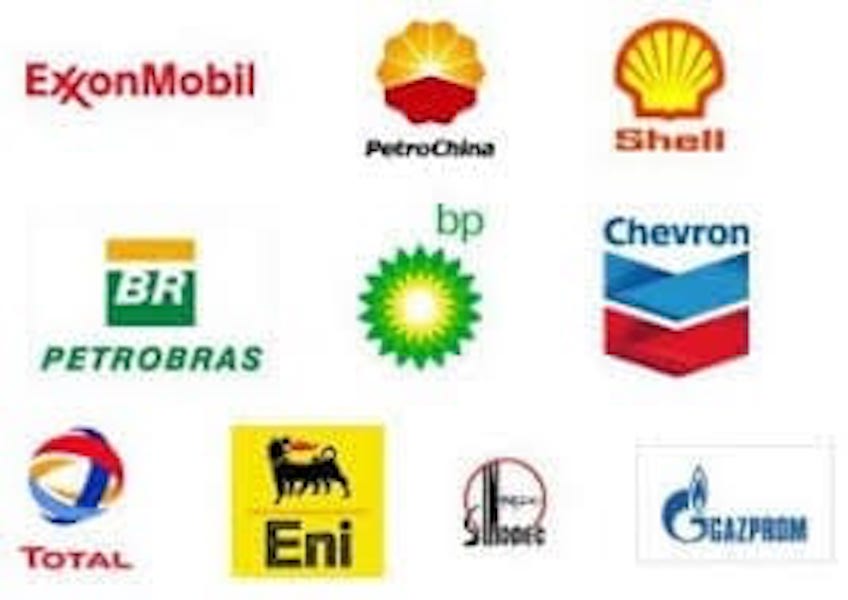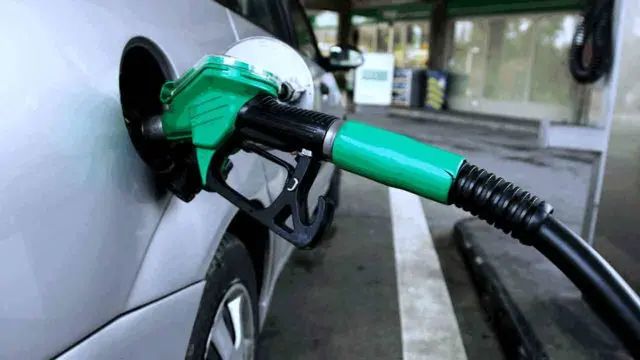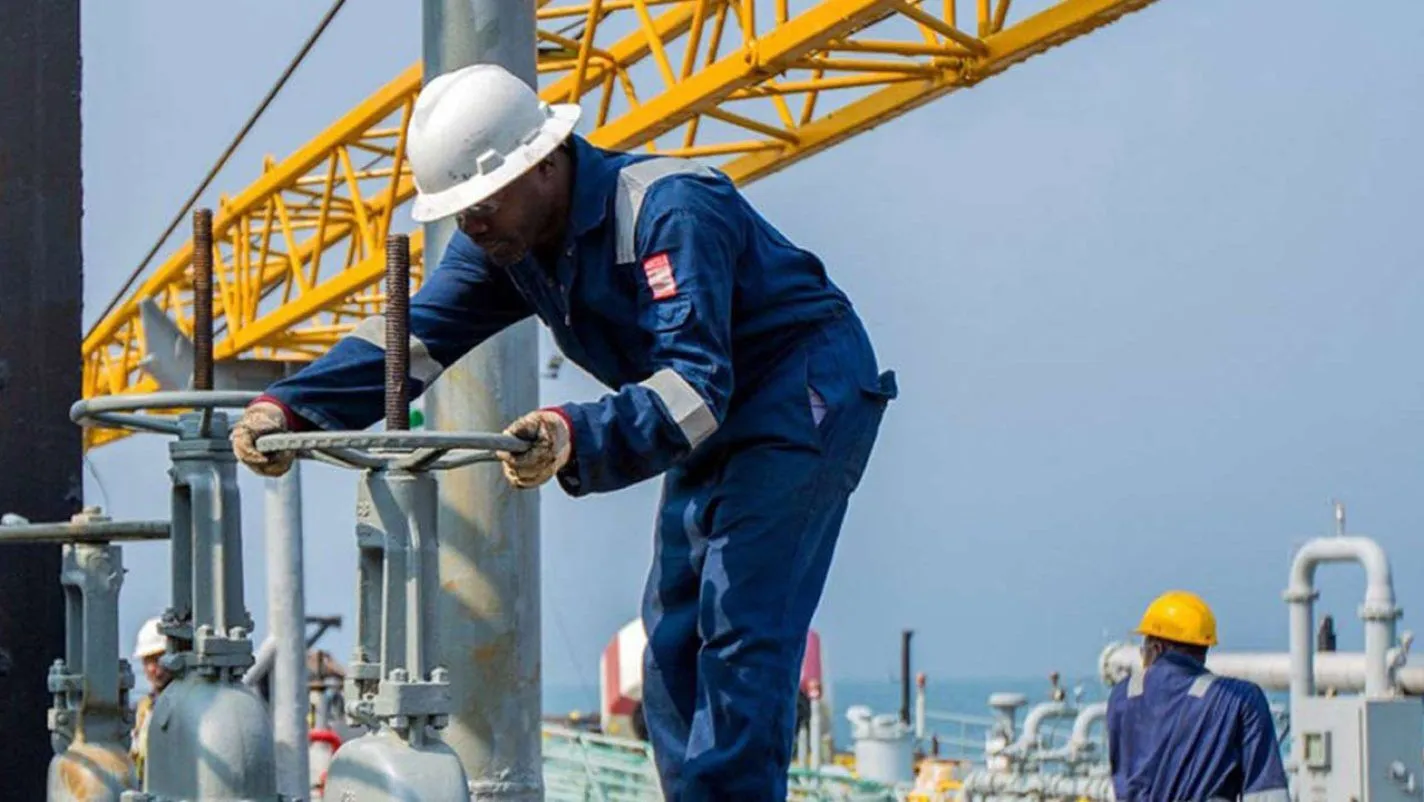The drive to increase Africans’ access to power has received a boost as Genesis Energy Group Limited and the U.S. Agency for International Development have signed a Memorandum of Understanding (MOU), to mobilize $10 Billion for strategic climate investments in green energy, renewable energy projects, and nature-based solutions that respond to countries’ Nationally Determined Contributions under the Paris Agreement.
Under the MOU, GENESIS, with USAID support, will work to deploy US $10 billion into strategic climate projects over a five-year period, supporting the USAID-funded Comprehensive Action Against Climate Change Initiative (CACCI). USAID Chief Climate Officer and Deputy Assistant Administrator Gillian Caldwell said, “This partnership is part of our ongoing commitment to supporting the private sector in driving climate change solutions. We look forward to working with Genesis to help spur private sector investment in climate action, which is key to achieving the Paris Agreement and country-level commitments.”
Eric Reading, Chief Climate Officer at Abt Global said “We are very excited about this new partnership for climate action as part of CACCI, which aims at bringing climate-aligned companies into partnership with USAID and countries that are seeking to find private financing to accomplish their NDCs and NAPs.”
“This is a great moment for Genesis Energy Group,” said Akinwole Omoboriiowo II, Chairman and CEO.
“This MOU echoes our mission and paves the way for a decarbonised Africa, ensuring green investment in the right directions to deliver CACCI, which is the centrepiece of USAID’s response to the COP28 Global Stock take; and its assessment that we are not delivering fast enough on our commitments under the Paris agreement.”
The private sector plays a vital role in addressing the root causes of development challenges through market-based solutions and investments across all sectors. Through enhanced private-sector collaboration, the MOU will enhance development outcomes with a focus on climate.


